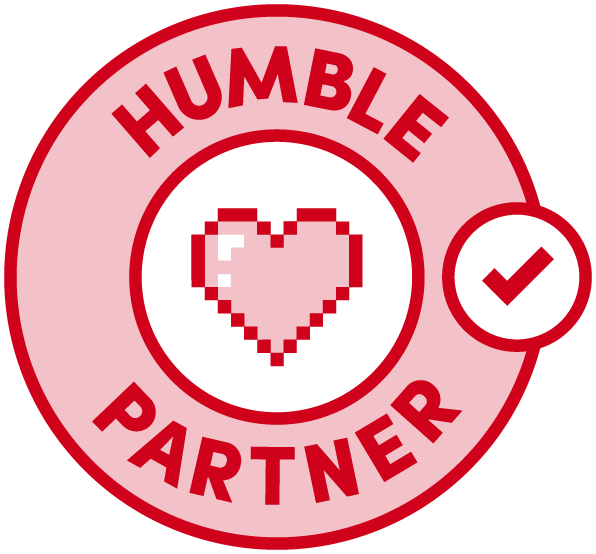NHL 20 is less than a month away, and EA Sports has now shared some detailed information on the changes and additions we can expect to see in franchise mode when it launches on September 5 for EA Access subscribers, September 10 for owners of the Deluxe and Ultimate editions, and September 13 for everyone else.
After numerous years of minimal changes, NHL 19 took franchise mode a step further with the implementation of an all-new scouting system that altered the way you evaluated prospects, trade targets, and free agents. NHL 20 builds on this by introducing coaches to franchise mode. New features such as line chemistry, a brand-new conversation system, and new scouting reports, all tie back into the coaching staff of a team and impact how you construct your roster.
At the start of franchise mode, the game will generate a variety of fantasy coaches with their own sets of ratings and roles that revolve around offence, defence, powerplay, penalty kill, teach, and influence, with each one having a direct impact on the team. Offence, defence, powerplay, and penalty kill attributes affect gameplay and game simulations, while teaching can either grow or stunt a player’s development via player potential. Each coach also has a teaching speciality that dictates the type of player they like to teach. Influence, on the other hand, ties into the growth of coaches. If your head coach has high influence, that will help the coaching staff grow faster, with individual coaches accumulating stats that might result in them earning the Jack Adams Trophy during the end of season awards.
Much like players, coaches in NHL 20 also have their own morale which is impacted by team performance, management, coaching staff, and player relationships. Balancing team morale and chemistry amongst both your players and coaches will be key to any success you achieve out on the ice.
Part of the process of hiring new coaches is, of course, interviews. You can interview a coach prior to offering them a contract to get a better gauge of the type of team they’re looking to coach, the market they prefer, and the fan base they gravitate towards. AI teams will also fire and hire coaches throughout the season based on expectations. If a team goes on a long losing streak, a coach might find themselves on the hot seat. Once NHL players retire they can also transition into becoming coaches.
Scheme Fit and line chemistry summarizes how well each player fits on their current line. This is based on the strategies the coach has set for their lineup, the style an individual player like to play, and each player’s preferred position. Chemistry ranges from -5 to +5, and these ratings have an effect in both gameplay and during simulations. Constructing your lines to squeeze the most chemistry out of your setup will be paramount. This also grants you more freedom in how you strategize. Some might want to build a balanced attack, while others will prefer to play their top-tier players as much as possible.






When it comes to recruiting new players, you’ll be able to use a new scouting report to find and evaluate potential fits for your team. There are two new Amateur Scouting Reports and two new Pro Reports. The latter is the best way to determine if a player fits your coaches’ scheme and where they fit in the lineup. A player with a lower overall rating might fit your scheme better than a higher rated player who doesn’t, boosting your line’s chemistry or tanking it. Scheme Fit is also valuable information on Amateur Scouting Reports, while NHL ETA will give you a good idea of when a prospect may be ready to compete in the NHL. Draft day interviews also tie into this, letting you interview prospects prior to the draft to unveil extra scouting information.
Finally, a new Trade Finder allows you to make trades faster without having to go back-and-forth with trade proposals between teams. You can now select any assets you wish to trade and will receive offers for them, while picking players from other teams will let you see their asking price.
Other changes can be seen below:
- PTS/G Trade Value Mod – This gives players trade value boost or penalties based on how they are performing during the year. Players playing well can be traded for more value in trades and vice versa (goalies use SV%).
- PTS/G Salary Mod – Performance based Salaries; Players who do exceptionally well will ask for a lot more money. In some sims players reaching 100+ points and asks for 10 million dollars, in other sims the same player has sub 1.00 PPTS/G and asks for ~8 million. This should also fix the issue where players who are in the minors and ask for 2M+ without ever playing in the NHL.
- Teams will now put bad contracts on the trade block to free up cap space if an RFA (Restricted Free Agent) player wants a contract extension and they don’t have cap space.
- Goalies are now worth less than skaters in regards to trade value and we have improved goalie signing and trading logic in Free Agency.
- Players with 1 year left on their deals will have less value as the season goes on. So at the Trade Deadline, players with 1 year left will be worth less than full value and at the NHL Draft, these players will be worth significantly less.
- Players with bad value can be traded with addition of sweeteners to a trade. Increased the Bad Contract Mod so players with bad contracts require a lot to be added so a team will accept the trade.
- Added exception contracts to the game. So players in the QMJHL, WHL and OHL don’t count towards the 50 man contract limit.
- Added a Trade Alert popup that stops the sim if someone in the league makes a big trade.
- Added a Sim Engine scoring Setting; increases scoring or decreases scoring based on the setting (High, Med, Low). The default is set to medium.
- Wingers are now worth less than centers and defensemen in regards to trade value.
- We decreased Scout efficiency so now you won’t have full info on all the draft-eligible at the end of the year. This should stop users from stacking Elite players in the NHL Draft.
- Tuned Down the number of Elite and Franchise potential goalies in the draft.
- Tuned the distribution of medium grade prospects so they are a little more hit and miss.
- Added Scout Recommendations to the View Draft Class Screen.
- Tuned the trade blocks of CPU teams wants/gives.
- Added original placements to the Draft Lottery popup.
- Added an ‘Add contract year’ setting for Expansion Custom Rosters flow.
- Added ‘Auto-Owner mode’ setting which takes care of arena maintenance.
NHL 20 launches September 13.
from GameSpot – Game News https://www.gamespot.com/articles/nhl-20-all-the-details-on-franchise-mode/1100-6469139/






